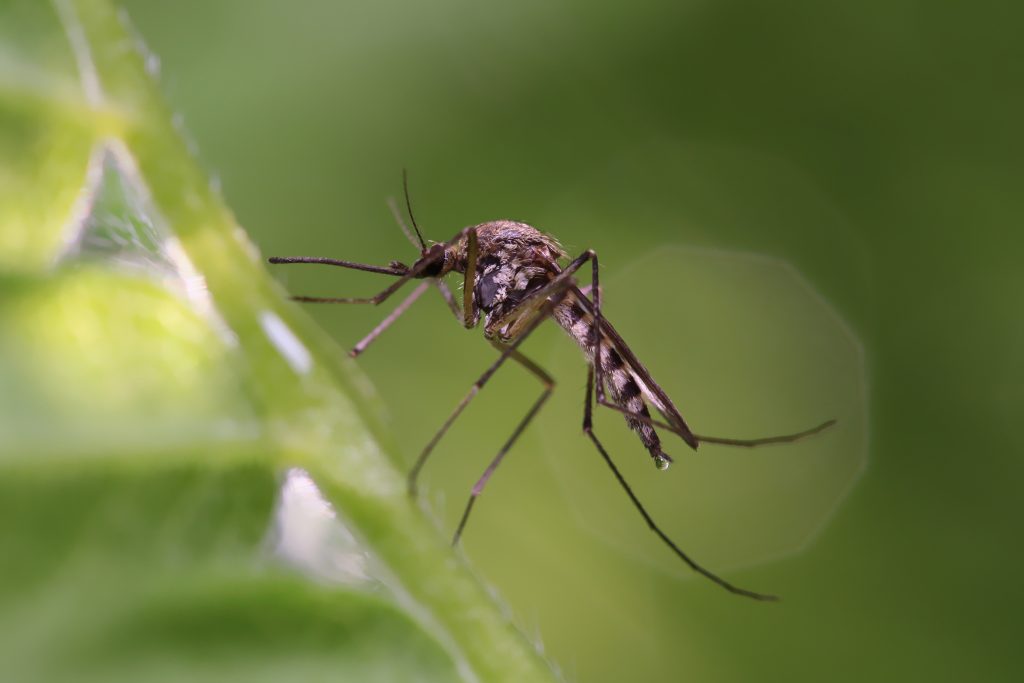Mosquitoes, those tiny yet persistent insects, have a life story that’s worth unravelling. From their humble beginnings as eggs to their buzzing presence in our surroundings, understanding the lifecycle and behaviour of mosquitoes is not only intriguing but also essential for managing their impact on our lives. In this article, we embark on a journey through the stages of a mosquito’s life, shedding light on their behaviour patterns along the way.
Egg Stage: Starting Small but Packed with Potential
The mosquito’s lifecycle begins with the inconspicuous egg. Typically laid in or near standing water, these eggs are incredibly adaptive and capable of surviving in a variety of conditions. Their ability to remain dormant until optimal conditions arise plays a crucial role in the mosquito’s resilience.
Larval Stage: Wigglers in the Water
From the eggs emerge larvae, often referred to as “wigglers.” These aquatic creatures are voracious feeders, consuming microorganisms and organic matter present in their watery habitats. Their distinct shape and movement make them easily recognizable as they navigate the water, contributing to their essential role in aquatic ecosystems.
Pupal Stage: Transformation in the Chrysalis
As the larvae grow, they transition into the pupal stage, a period of transformation within a protective case. While relatively inactive, pupae undergo significant changes as they develop into adult mosquitoes. The pupal stage is a vital bridge between the larval and adult phases.
Adult Stage: Buzzing Beings with a Purpose
Emerging from the pupal case, adult mosquitoes take flight. The buzzing sound synonymous with these insects is produced by the rapid movement of their wings. Contrary to popular belief, it’s the female mosquitoes that seek out blood meals to support egg development, while males primarily feed on nectar. The female’s quest for blood leads to the familiar itchy bites humans often experience.
Behaviour Patterns: The Dance of Survival
Mosquito behaviour is intricately linked to their survival. Their ability to detect sources of water for egg-laying, locate hosts for blood meals, and avoid predators shapes their movements and habits. Mosquitoes are also sensitive to environmental cues such as temperature and humidity, which influence their activity levels.
The world of mosquitoes is more than just an annoyance; it’s a complex web of adaptation and survival. Understanding their lifecycle and behaviour enables us to develop strategies for effective mosquito control and disease prevention. As we navigate environments shared with these tiny beings, it’s worth appreciating the intricate biology that guides their existence and impacts ours. But if you can not bear those pests anymore then call Birch Fumigators for your mosquito control.

